
The 13th Workshop on Programming Languages and Analysis for Security (PLAS 2018)
October 19, 2018 - Toronto, Canada
(Co-located with ACM CCS 2018)
PLAS aims to provide a forum for exploring and evaluating ideas on the use of programming language and program analysis techniques to improve the security of software systems. Proposals of new or speculative ideas, evaluations of new or known techniques in practical settings, and discussions of emerging threats and important problems are strongly encouraged. We are especially interested in position papers that are radical, forward-looking, and likely to lead to lively and insightful discussions that will influence future research that lies at the intersection of programming languages and security.
The scope of PLAS includes, but is not limited to:
- Compiler-based security mechanisms (e.g. security type systems) or runtime-based security mechanisms (e.g. inline reference monitors)
- Program analysis techniques for discovering security vulnerabilities
- Automated introduction and/or verification of security enforcement mechanisms
- Language-based verification of security properties in software, including verification of cryptographic protocols
- Specifying and enforcing security policies for information flow and access control
- Model-driven approaches to security
- Security concerns for Web programming languages
- Language design for security in new domains such as cloud computing and IoT
- Applications, case studies, and implementations of these techniques
Invited Speakers
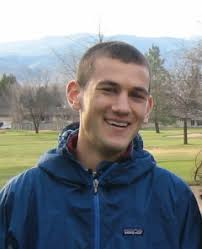
Nate Foster
(Cornell University, USA)
Network Verification: Successes, Challenges, and Opportunities
Bio: Nate Foster is an Associate Professor of Computer Science at Cornell University and a Principal Research Engineer at Barefoot Networks. The goal of his research is to develop languages and tools that make it easy for programmers to build secure and reliable systems. He received a PhD in Computer Science from the University of Pennsylvania, an MPhil in History and Philosophy of Science from Cambridge University, and a BA in Computer Science from Williams College. His awards include a Sloan Research Fellowship, an NSF CAREER Award, the ACM SIGCOMM Rising Star Award, and several paper and teaching awards.
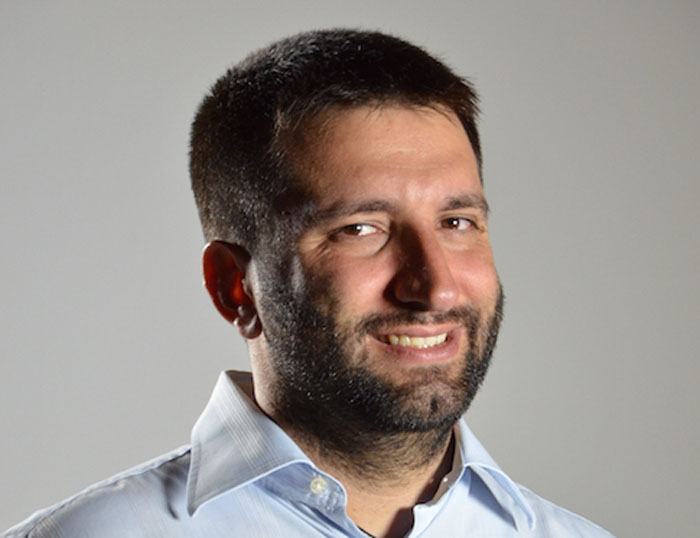
Marco Gaboardi
(University at Buffalo, SUNY, USA)
Formal Verification of Differential Privacy
Bio: Marco Gaboardi is an assistant professor at the University at Buffalo, SUNY. Previously, he was a faculty at the University of Dundee, Scotland. He received his PhD from the University of Torino, Italy, and the Institute National Polytechnique de Lorraine, France. He was a visitor scholar at the University of Pennsylvania and at Harvard’s CRCS center, and recipient of a EU Marie Curie Fellowship. His research is in programming language design and implementation, and in differential privacy.
Sponsors
| Session | Time | Title |
|---|---|---|
| Opening | 09:00 - 09:05 | Welcome and opening remarks |
| Session 1: Invited talk (Chair: Mário Alvim) | 09:05 - 10:05 | Invited Talk: Network Verification: Successes, Challenges, and Opportunities Nate Foster (Cornell University, USA) Abstract: Formal verification of computer networks has become a reality in recent years, with the emergence of a large number of domain- specific property-checking tools. Although early tools were limited to stateless data planes, recent work has shown how to handle richer models including stateful middleboxes and distributed control planes. This talk will survey recent progress in the area, highlighting the key technical challenges that remain and discussing opportunities related to security. |
| Coffee break | 10:05 - 10:45 | |
| Session 2: Information flow (Chair: Musard Balliu) | 10:45 - 11:10 | Short Paper: Prudent Design Principles for Information Flow Control Iulia Bastys, Frank Piessens and Andrei Sabelfeld |
| 11:10 - 11:35 | Short Paper: A Perspective on the Dependency Core Calculus Maximilian Algehed | |
| 11:35 - 12:10 | Securing Compilation against Memory Probing Frédéric Besson, Alexandre Dang and Thomas Jensen | |
| Lunch break | 12:10 - 14:00 | |
| Session 3: Analysis of binary code (Chair: Andrei Sabelfeld) | 14:00 - 14:25 | Short Paper: Binary Similarity Detection Using Machine Learning Noam Shalev |
| 14:25 - 14:50 | Short Paper: Context-sensitive Flow Graph and Projective Single Assignment Form for Resolving Context-dependency of Binary Code Tomonori Izumida, Akira Mori and Masatomo Hashimoto | |
| Coffee Break | 15:00 - 15:45 | |
| Session 4: Invited talk (Chair: Mário Alvim) | 15:45 - 16:45 | Invited Talk: Formal Verification of Differential Privacy Marco Gaboardi (University at Buffalo, SUNY, USA) Abstract: Differential Privacy offers ways to answer statistical queries about sensitive data while providing strong provable privacy guarantees ensuring that the presence or absence of a single individual in the data has a negligible statistical effect on the query's result. In this talk I will introduce the basics of differential privacy and some of the fundamental mechanisms for building differentially private programs. I will then overview few different language-based approaches developed to help a programmer to certify her programs differentially private and to guarantee that they provide accurate answers.>/em> |
| Session 5: Differential privacy (Chair: Akira Mori) | 16:45 - 17:20 | Sensitivity Analysis of SQL Queries Peeter Laud, Martin Pettai and Jaak Randmets |
| 17:20 - 17:45 | Short Paper: Geometric noise for locally private counting queries Kacem Lefki and Catuscia Palamidessi | |
| Closing | 17:45 - 17:50 | Closing remarks |
We invite both full papers and short papers. For short papers we especially encourage the submission of position papers that are likely to generate lively discussion.
- Full papers should be at most 11 pages long, plus as many pages as needed for references and appendices. Papers in this category are expected to have relatively mature content. Full paper presentations will be 25 minutes each.
- Short papers should be at most 5 pages long, plus as many pages as needed for references. Papers that present radical, open-ended and forward-looking ideas are particularly welcome in this category, as are papers presenting preliminary and exploratory work. Authors submitting papers in this category must prepend the phrase "Short Paper:" to the title of the submitted paper. Short paper presentations will be 15 minutes each.
Submissions should be PDF documents typeset in the ACM proceedings format using 10pt fonts. A SIGPLAN-approved template can be found at the following link: http://www.sigplan.org/Resources/Author/ We recommend using this template.
Both full and short papers must describe work not published in other refereed venues (see the SIGPLAN republication policy at http://www.acm.org/sigs/sigplan/republicationpolicy.htm for more details). Accepted papers will appear in workshop proceedings, which will be distributed to the workshop participants and be available in the ACM Digital Library.
Submissions can be made via Easychair: https://easychair.org/conferences/?conf=plas2018.
Important Dates:- Paper submission:
July 4, 2018July 9, 2018 (Abstract);July 6, 2018July 13, 2018 (Full paper) - Author notification: July 30, 2018
- Camera ready version:
August 13, 2018August 20, 2018 - Workshopt date: October 19, 2018
Sponsorship opportunities
PLAS is an academic workshop that brings together some of the brightest minds working on the intersection of programming languages and security. In previous years, PLAS was co-located with top programming languages conferences; this year, PLAS is co-located with a top security conference (ACM CCS 2018). As such, we anticipate participants from top universities all over the world with broad interests in security and programming languages.
If you are looking to expose your company's brand, logo, and messages to the world's leading researchers on security and programming languages (and potential future employees), PLAS is a great place to start. Your support will allow us to offer travel grants and reduced registration fees to students and underrepresented groups.
We offer several support levels for your consideration. Please contact the chairs at plas2018@easychair.org for more information on how your organization can participate or with any questions and requests (e.g., if you would like a custom sponsorship level).
Sponsorship levels
Bronze - $1,000 (USD)
- Institution logo displayed on the workshop website
- Links to sponsor website
- Acknowledgment in the Chairs' statement for the proceedings
- Institution logo displayed on the workshop website
- Links to sponsor website
- Acknowledgment in the Chairs' statement for the proceedings
- Shared table with supporter's materials available to attendees
- Institution logo displayed on the workshop website
- Links to sponsor website
- Acknowledgment in the Chairs' statement for the proceedings
- Tabletop exhibit space at the workshop, if requested
Program chairs
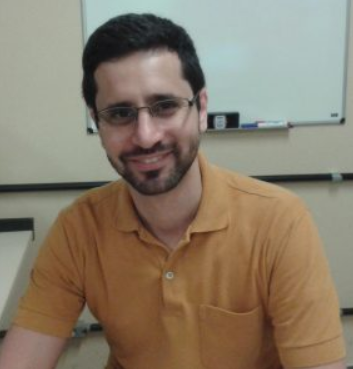
Mário S. Alvim
(UFMG, Brazil, Co-Chair)
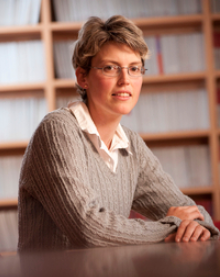
Stéphanie Delaune
(Univ Rennes, CNRS, IRISA, France, Co-Chair)
Program committee
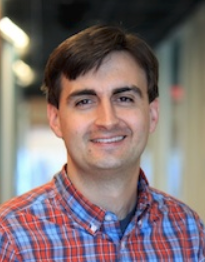
Owen Arden
(UC Santa Cruz, USA)
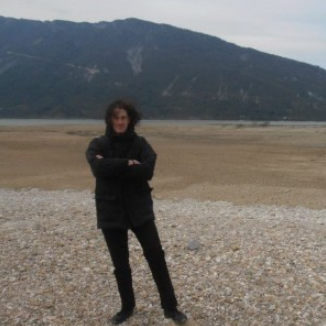
Stefano Calzavara
(Università Ca' Foscari Venezia, Italy)
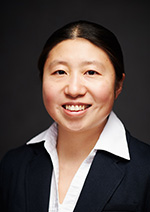
Limin Jia
(Carnegie Mellon University, USA)

Pasquale Malacaria
(Queen Mary University of London, UK)
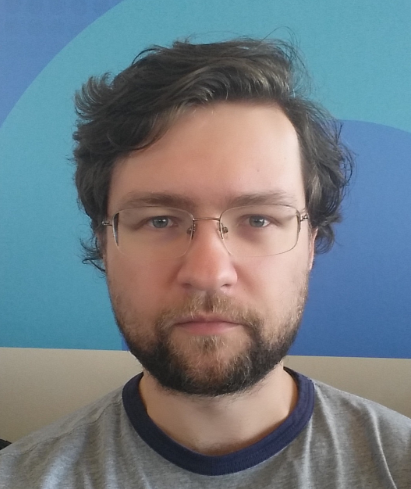
Piotr Mardziel
(CMU CyLab, USA)
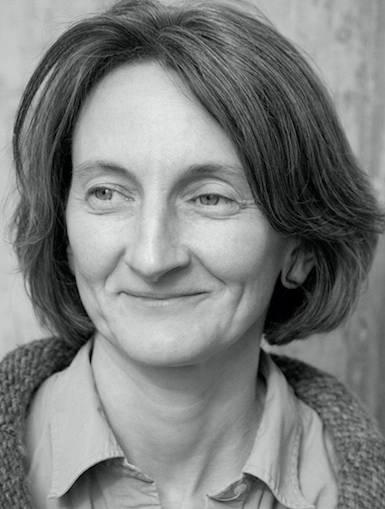
Annabelle McIver
(Macquarie University, Australia)
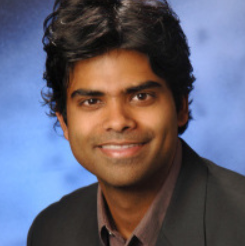
Vivek Nigam
(Federal University of Paraíba & Fortiss, Brazil)
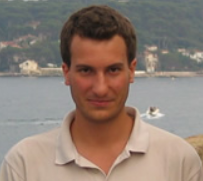
Santiago Zanella-Béguelin
(Microsoft Research, UK)
Contact us at: plas2018@easychair.org
